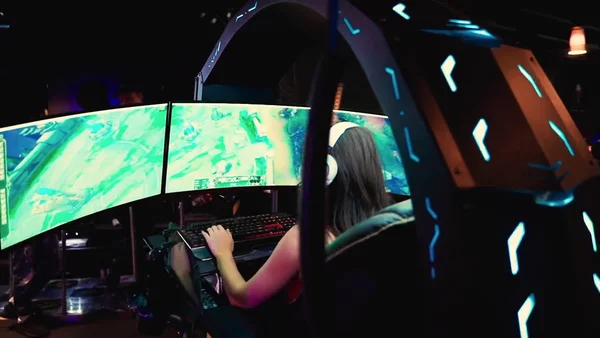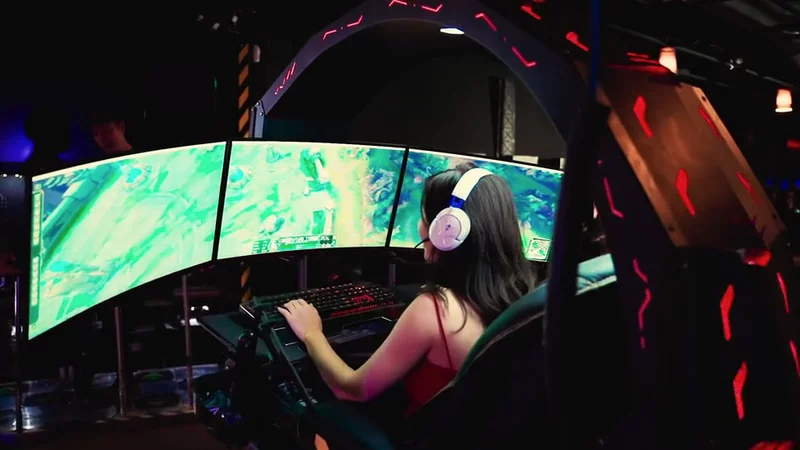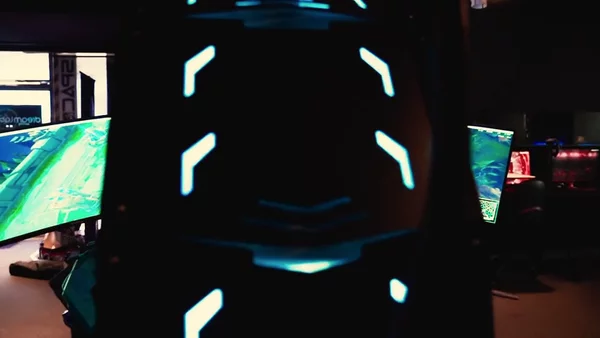Esports Recruitment Agency Quest
Leading esports recruiters connecting gaming talent with top organisations worldwide. Browse esports jobs in pro gaming, coaching, content creation, and esports management.
Why Choose Our Esports Recruitment Agency?
Specialist esports recruiters understand the unique demands of competitive gaming careers. Unlike general recruiters, an experienced esports recruiter knows the difference between a coach and an analyst.
Industry Expertise
Our esports recruiters have deep knowledge of gaming organisations, tournament circuits, and the skills required for every role.
Direct Connections
Access opportunities that aren't publicly advertised through our network of esports organisations and gaming companies.
Career Guidance
Get advice from recruiters who understand esports career paths, from entry-level to executive positions.
Your Partner for Gaming Careers
Trusted Industry Sources:
As an esports recruitment agency, we aggregate esports jobs from across the competitive gaming industry.
The esports industry has transformed from basement LAN parties into a $1.8 billion global phenomenon. This explosive growth has created thousands of esports jobs that did not exist a decade ago.
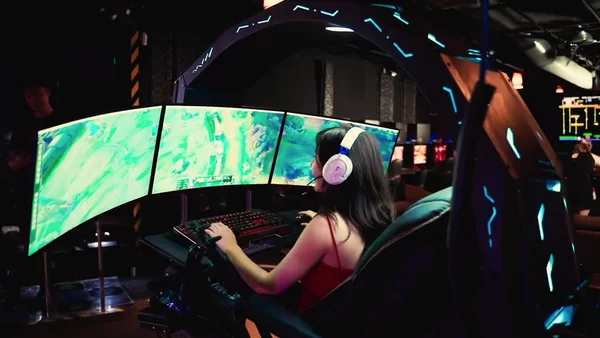
Esports & Partnership Marketing Manager

Account Director (eSports, APAC)
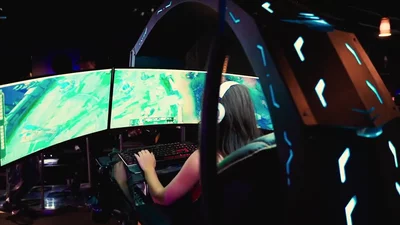
Esports Video Producer

Esports Marketing Collaborator (Video Editing)
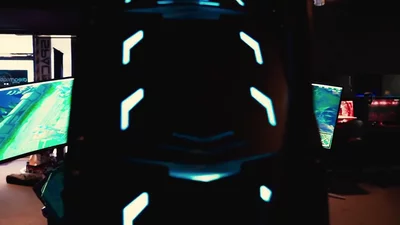
Esports Assistant Coach

Assistant Esports Coach

Esports Assistant Coach

Esports Assistant (Work-Study)

Gameday DJ - Esports

Esports Videographer

Assistant ESports Coach
Pro Players & Athletes
Compete professionally in titles like League of Legends, Valorant, CS2, Fortnite, and more. Join top esports organisations as a signed player with salary, benefits, and competition opportunities.
Coaches & Analysts
Guide professional teams to victory with strategic coaching and data analysis. Review VODs, develop strategies, and help players reach their peak performance in competitive gaming.
Content Creators & Streamers
Create engaging gaming content for YouTube, TikTok, and Twitch. Work with esports organisations, game publishers, and brands to produce videos, streams, and social media content.
Casters & Broadcast Talent
Bring esports matches to life as a shoutcaster, analyst desk host, or broadcast talent. Commentate on live competitions and engage audiences watching from around the world.
Event & Tournament Organisers
Plan and execute esports tournaments from local LAN parties to international championships. Manage venues, coordinate teams, and deliver unforgettable competitive experiences.
Marketing & Business
Drive growth for esports organisations through marketing, partnerships, and business development. Manage sponsorships, social media, and brand strategies in the gaming industry.
Competition Path
For those who want to compete at the highest level as professional players or support competitive teams.
Content Path
For creative individuals who want to build audiences and create engaging gaming content.
Broadcast Path
For those who want to bring esports to life through live production and commentary.
Business Path
For professionals who want to grow esports organisations through business and marketing.
People watch esports globally, with the audience growing 8% year-over-year. More viewers mean more jobs in the industry.
The UK esports market alone is valued at over £100 million, creating thousands of job opportunities across the country.
Professional esports players compete globally, supported by coaches, analysts, managers, and content teams.
Growth in esports job postings since 2020, as the industry professionalises and expands into new markets.
Inside the Esports Industry
Discover what it takes to build a career in esports, from team operations to content creation and beyond.
The World of Professional Gaming
An inside look at the competitive gaming industry and the opportunities it creates for passionate professionals.
Videos sourced from YouTube. For more esports career content, visit British Esports Career Hub
Organisations with current esports jobs (we aggregate public listings)
Industry Resources
Trusted organisations supporting the esports recruitment agency ecosystem
Browse Jobs
Search through esports job listings we aggregate from LinkedIn, company career pages, and job boards. Filter by role, location, and experience level.
Apply Direct
Click through to apply directly on the employer's website or LinkedIn. We link you straight to the source—no middleman, no signup required.
Land Your Role
Use our career guides and resources to prepare for interviews and stand out. We share industry insights to help you succeed.
Browse Real Jobs via Our E-Sports Recruitment Firm
We aggregate esports jobs from public sources including LinkedIn, company career pages, and job boards. Browse the latest opportunities and take the first step towards your career in competitive gaming.
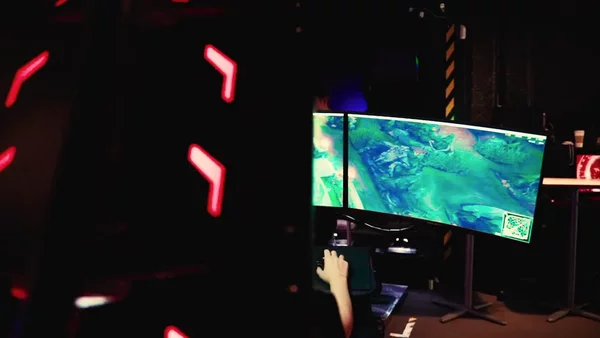
About Our E-Sports Recruitment Company
We're an esports recruitment agency that connects gaming talent with industry-leading organisations.
We work with award-winning esports production companies and gaming organisations to help them find exceptional talent. For tournament and event coverage, our partners deliver world-class broadcast services.
- ✓Trusted by Emmy & BAFTA-winning production companies
- ✓Real job listings aggregated from public sources
- ✓Career guides and resources for gaming professionals
- ✓100% free to browse—no hidden fees
Meet Your E-Sports Recruiters
Our e-sports recruitment firm is led by industry professionals with real experience in gaming and competitive play.

Dan Keegan
Founder & Esports Industry Expert
With over 20 years of experience in video games and esports, Dan brings deep industry knowledge to help connect talented professionals with the right opportunities.
Part of the QUEST Network
We partner with specialist recruiters across gaming, tech, and executive search industries
Event Insurance
Planning an esports event? Compare esports event insurance quotes.
Get Esports Insurance →Broadcast Production
Need broadcast services? Our esports production agency delivers world-class services.
Hire Esports Production →Career Guides
Comprehensive guides to help you break into and advance in the esports industry
Browse All Jobs
Browse all esports jobs worldwide from top gaming organisations.
Jobs UK
Complete guide to finding esports jobs across the UK.
Gaming Jobs UK
All gaming industry jobs from development to esports.
Career Paths
All career pathways in professional esports.
Gaming Recruitment Agency
Specialist game industry recruiters for all roles.
Teams Recruiting
Join professional gaming teams looking for talent.
Hire a Shoutcaster
Find esports broadcast talent for your events.
Recruitment Services
Professional esports recruitment and talent acquisition.
Jobs at Top Gaming Organisations
Gaming Jobs by Location
🇬🇧 United Kingdom
🌍 Global Gaming Hubs
Gaming Jobs FAQ
Common questions about finding jobs in the esports and gaming industry
🎮 What types of esports jobs are available?+
🚀 How do I get a job in esports with no experience?+
📋 What qualifications do I need for esports jobs?+
🌍 Are esports jobs remote or location-based?+
💰 What is the average salary for esports jobs?+
🏢 Which companies hire for esports jobs?+
💼 Can I work in esports without being a pro gamer?+
🏆 How competitive are esports jobs?+
Thank you for visiting. We connect gaming professionals with opportunities at top organisations worldwide. Start your search with our job board or get in touch to discuss your career goals with our esports recruitment agency.
